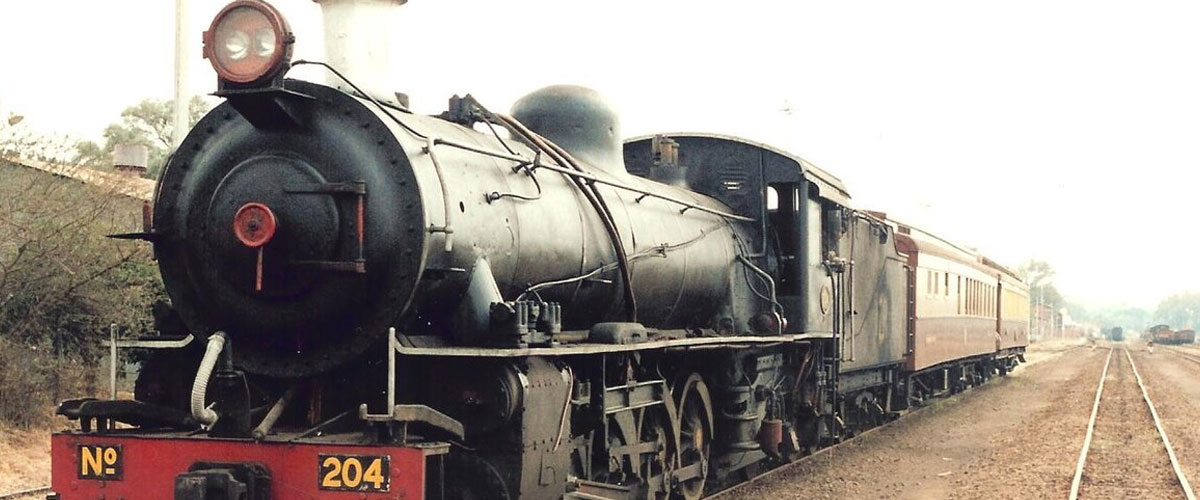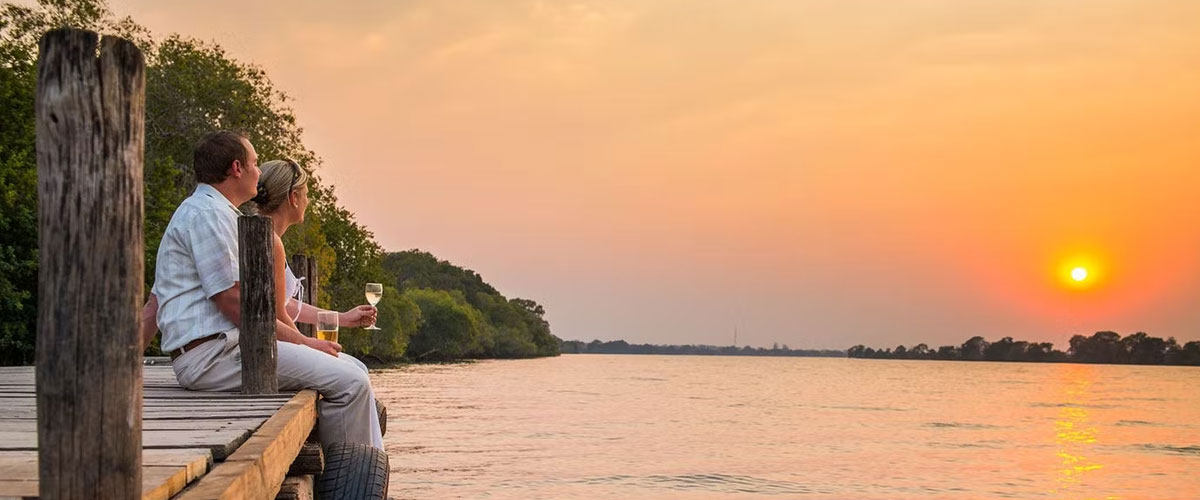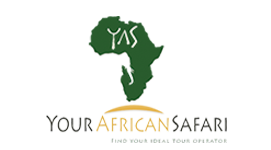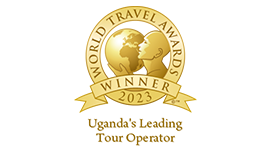Welcome to Zambia Safaris. Here is Zambia At A Glance to get a better understanding of the country.
Basic Information
Official name: Republic of Zambia
Area: 752, 610 sq. km
Government: Unitary constitutional parliamentary republic
Borders
North and North East: Democratic Republic of Congo, Tanzania
East and South East: Malawi, Mozambique
West: Namibia, Angola
South: Botswana, Zimbabwe
Capital
Lusaka
Provinces
- Central
- Copperbelt
- Eastern
- Luapula
- Lusaka
- Muchinga
- North-Western
- Northern
- Southern
- Western
Population
Total: 20.29 million
Male: 10.29 million (50.7%)
Female: 10 million (49.3%)
Language
Official language: English, Nyanja and Bemba
Business Language: English
Time Zone
UTC (Coordinated Universal Time Greenwich)+2
Currency
Currency: Zambian Kwacha
ISO Code: ZMW
Credit cards: Yes
Cards: Mastercard, Visa, American Express
Traveler’s cheques: Not widely accepted
Tips: Customary
Currency Exchange
Exchange Rate: €1= 20.80 ZMW
- Airports
- Banks
- Hotels
- Shops
- Restaurants
- ATMs
Economy & GDP
Real GDP Growth: 4.7%
US $ 29,784,454.06 (current US$ for 2022)
US $ 77,955,037.11(PPP)
GDP per Capita
US $ 1487.9 (current US $ in 2022)
US $ 3,894.3 (PPP in 2022)
Key Economic Sectors
- Mining
- Manufacturing
- Agriculture
Transport
Road network moderate condition
Railway network is most commonly used to transport goods both locally and internationally
Health
Health sector is well developed for both the public and private sector
For more information about Zambia Safaris and information regarding travel insurance, health guidelines, or any other necessary details, visit Gazelle Safaris Africa today.
Zambia Safari
Quick Facts About Zambia

Let’s Start Designing Your Holiday
Reward or motivate your team with a trip of a lifetime. Our incentive packages will energize them, leave them engaged, and constantly strive to improve and deliver beyond expectations.
Zambia Safari
Zambia Travel Guide
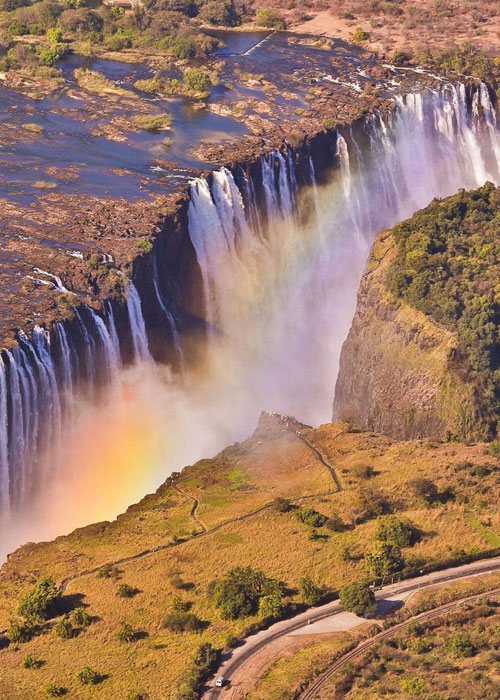
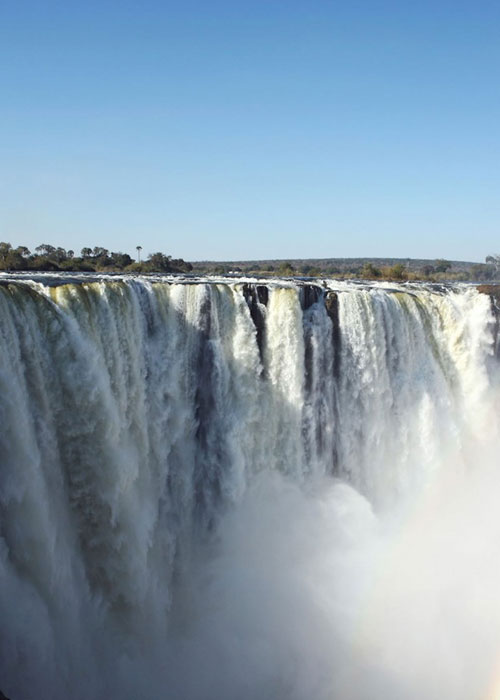
Zambia Safari
Frequently Asked Questions
Yes, Zambia is excellent for safari experiences. The country offers a diverse range of national parks and wildlife reserves that provide opportunities to see the "Big Five" (lion, elephant, buffalo, leopard, and rhinoceros) and many other fascinating animals in their natural habitats. The country's well-managed parks, such as South Luangwa National Park, Lower Zambezi National Park, and Kafue National Park, make it a popular destination for safari enthusiasts.
The best time for a safari in Zambia is during the dry season, which typically runs from May to October. During this period, wildlife tends to congregate around water sources, making it easier to spot animals. Additionally, the vegetation is less dense, making it easier to view wildlife. However, keep in mind that Zambia's wildlife viewing can still be rewarding during the wet season (November to April), as the landscape becomes lush and green, and birdwatching is particularly fantastic during this time.
Visa requirements for Zambia vary depending on your nationality. Many countries can obtain a visa on arrival at the international airports in Zambia, but it's essential to check the specific visa regulations for your country before traveling. Some nationalities may require obtaining a visa in advance from a Zambian embassy or consulate.
Zambia offers various accommodation options for safari-goers. Inside the national parks, you'll find lodges and bush camps, which provide an immersive experience in the heart of the wilderness. Many of these accommodations offer comfortable amenities and excellent opportunities for game viewing. Additionally, in cities and major towns, you'll find hotels and guesthouses that cater to a wide range of budgets.
The official currency of Zambia is the Zambian Kwacha (ZMW). It's recommended to carry some Zambian Kwacha in cash for small purchases and local transactions. For larger expenses, credit cards are generally accepted in hotels, lodges, and some restaurants and shops in urban areas. However, in rural areas and smaller establishments, cash may be more convenient.
Zambia is generally considered safe for tourists, but like any other destination, it's essential to take standard safety precautions. Avoid displaying signs of wealth, keep your belongings secure, and stay informed about the local situation. In some areas, especially around the border regions, it's advisable to check for any travel advisories before planning your trip.
The official language of Zambia is English, which is used in government, education, and media. However, there are over 70 indigenous languages spoken in the country. Some of the major regional languages include Bemba, Nyanja, Tonga, Lozi, and Lunda. Learning a few basic phrases in the local language can be appreciated by the locals and enhance your travel experience.
Zambia Safari
Zambia Safari Itineraries
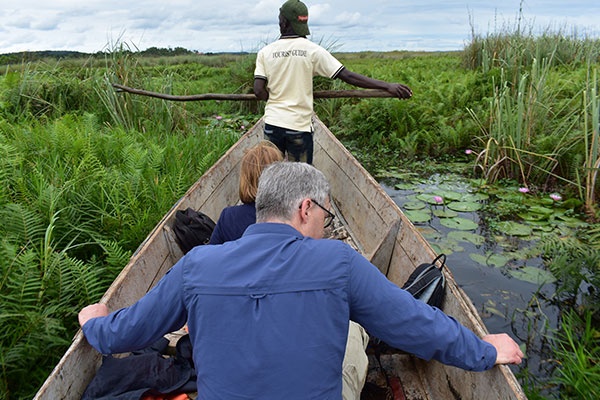
1 Day Entebbe Tour
Ziika Forest | Mabamba Wetland |Reptile Village
Uganda Day Trips
1 Day From $190
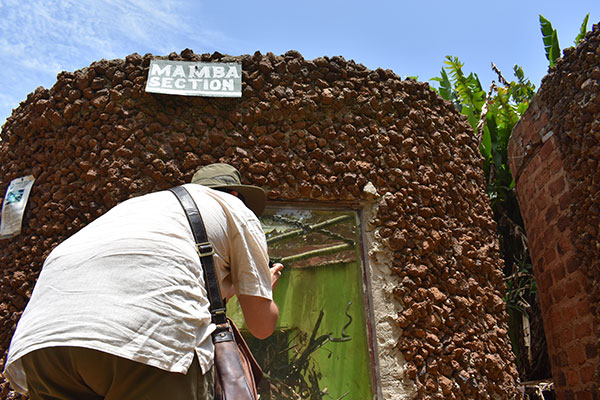
Half-day Entebbe Tour
Mabamba Wetland | Kigungu | Botanical Gardens
Uganda Day Trips
Half Day $ 115
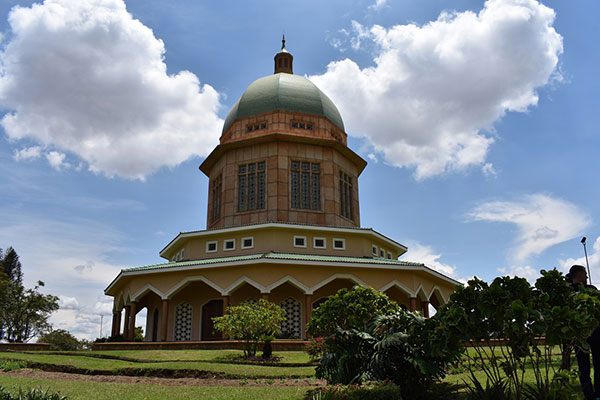
Kampala Full Day Tour
Kampala City
Uganda Day Trips
Full Day Tours $170
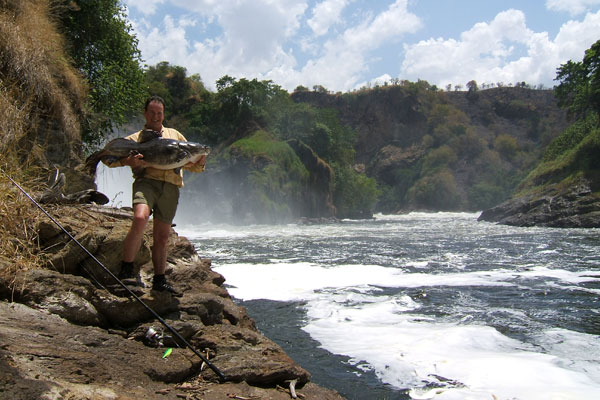
Uganda Chimps, Wildlife & Fishing Safari
Entebbe | Murchison Falls National Park | Kibale Forest National Park | Kampala
Uganda Fishing Safaris
8 Days From $3135
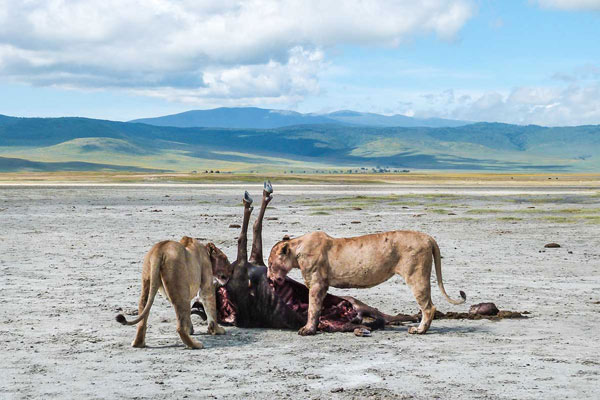
8 Days Tarangire, Ngorongoro, Serengeti To Manyara
Arusha | Tarangire | Ngorongoro | Lake Manyara
Tanzania Wildlife Safari
8 Days From $ 4448
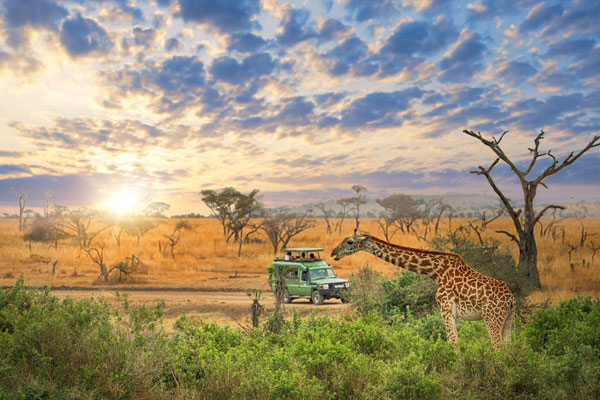
4 Days Explore Ngorongoro, Serengeti & Manyara
Arusha | Ngorongoro Conservation Area | Serengeti | Lake Manyara National Park
Tanzania Wildlife Safari
4 Days From $ 2030
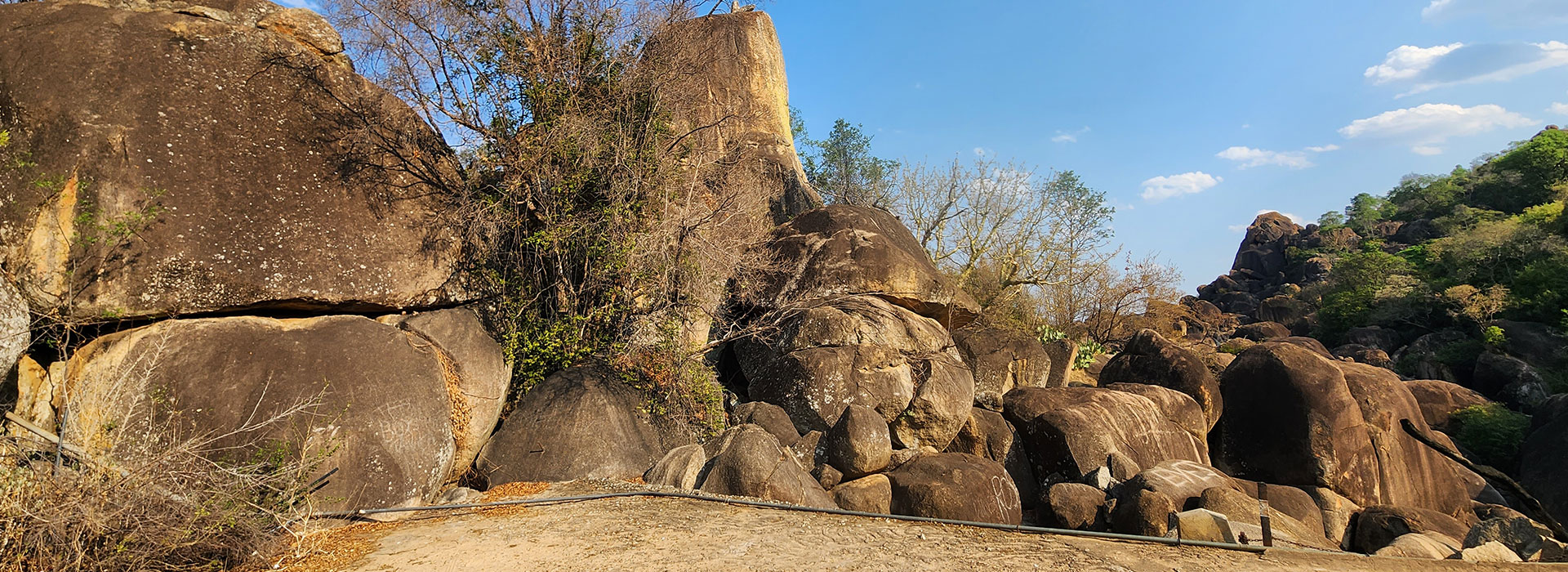
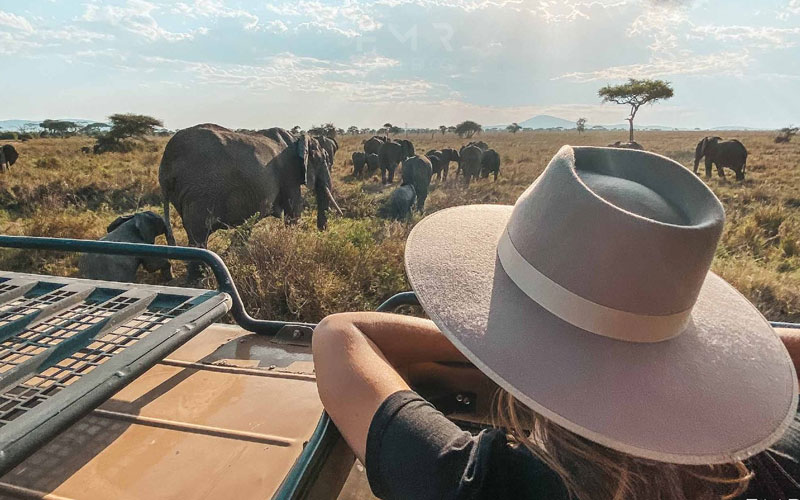

First Time On Safari ?
The best trip is the one you haven't taken yet. Let’s guide you.






